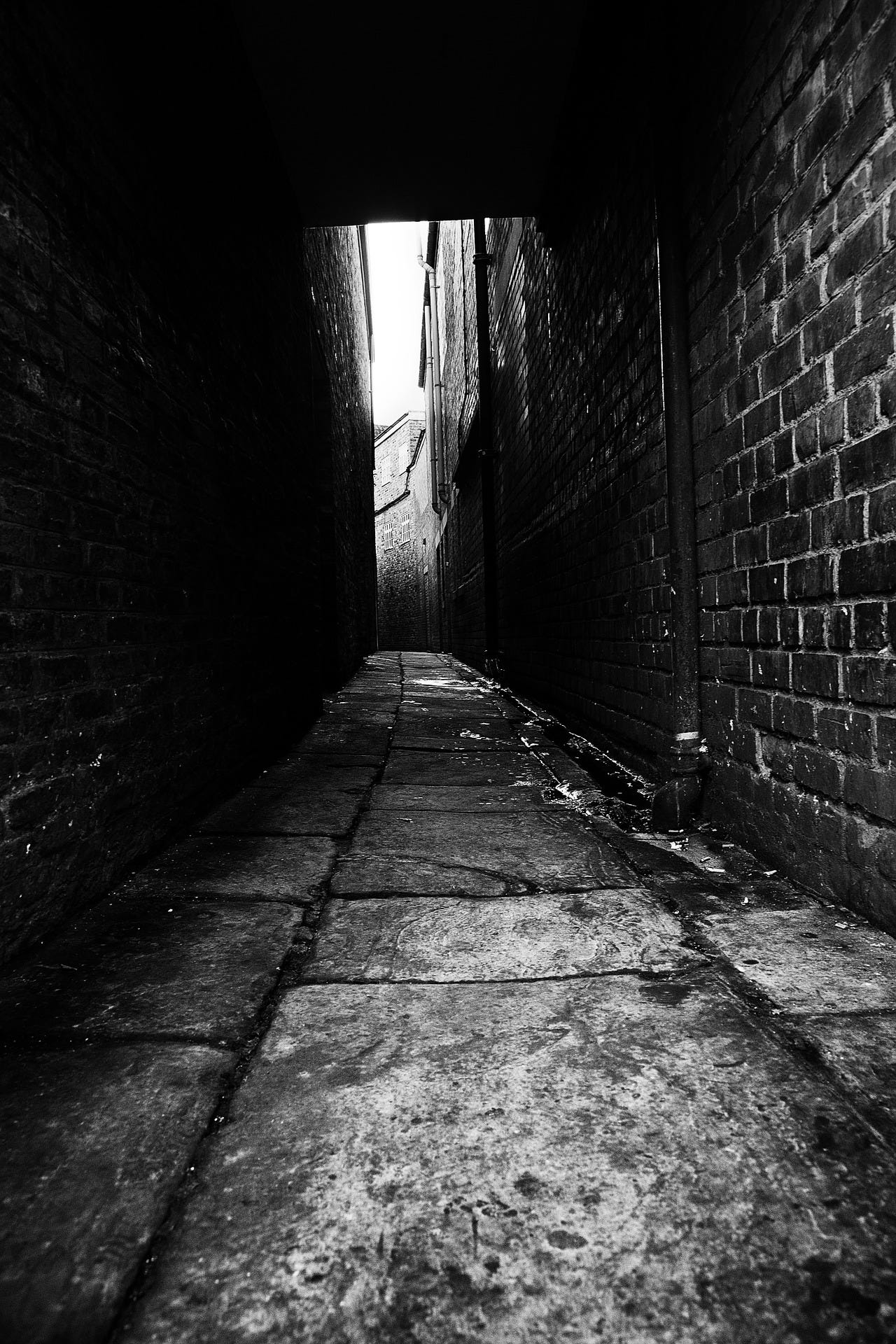In walking us all through a case for Bank of Nature — not just the philosophy and the “how to”, but also the” why” — we are trekking through some deep and dark alleys.
Like, why do we continue society’s extractive behaviors that degrade the viability of future generations through environmental depletion — when we know what we know about that choice? This is psychopathy at planet scale.
Psychopathy is a neuropsychiatric disorder marked by deficient emotional responses, lack of empathy, and poor behavioral controls, commonly resulting in persistent antisocial deviance and criminal behavior. 1
This is, to me, very troubling — that, despite whatever ignorance that came before us to hide the negative externalities of our society, we no longer have ignorance for cover. What happens now is willful and, rightly, enrages (or at least concerns) more than 50% of the global population that considers human-accelerated climate change a threat.
As you might know, Bank of Nature has a generous fellowship from Arizona State University to build out a real world version of nature as a bank — like your corner bank, with mortgages, loans, interest, penalties and fees paid to nature. Bank of Nature enshrines our lending relationship with nature and, as a foundational focus, has a different economic outlook from our zero sum game of today. That is, as human society grows in incremental GDP percentages, scarcity economics gains wealth from depleting our resources. We win, nature loses.
Bank of Nature sees it differently.
As we get big, nature must have gotten bigger. That’s the formula for #climatehope and we have a plan to engage that at scale.
I’m happy to debate this, but society is not aligned with nature and fixing our estrangement is going to take a lot of heart — the belief that if human social constructs got us in this mess, then human social constructs will get us out of this mess.
The bummer, and a challenge to all of this, is that humans seem not ready to get us out of this mess, at least at the scope and scale and urgency that we need to effectively address it.
Why? Perhaps it’s because we’re working with the wrong advocates and incomplete theories of economy in society — issues I hope are addressed by something like a Bank of Nature. Our stuck-ness exists because we don’t have a destination to work toward that is based in achieving success despite any hard sacrifice.
We can find that destination via #climatehope.

Over the past two months, as supported by the ASU Fellowship, we have been speaking with economists, sustainability strategists, venture capitalists, legal innovators, systems thinkers and others to gain great insights into putting Bank of Nature to work — as something other than industry or government.
For now, we’re calling this a third way — inspired somewhat by the art-science theory of a “Third Paradise” that lives between the art and science silos, as a blended/hybridized idea.
I see #climatehope in establishing a peer for this society that speaks for nature and expands our options for redress of the climate crisis. As much as industry and government, academia and activism might mention the issues of climate security, they are married to a scarcity-model economy that gains value from extraction from nature.
That’s an unresolved conflict of interest — in which, time and again, economy wins over nature.
Bank of Nature, an example of what I’ve been calling a proxy for nature, has no such conflict and is, in concept, independent of our current society. Not government. Not industry. A dedicated advocate for nature, taking the conflict response out of the society sectors tasked (wrongly) with addressing climate. #Climatehope comes from giving agency to an advocate whose sole goal is to “make more nature.”
In a world where “make more nature” doesn’t sound fantastical, what does it actually mean and what inspiration does it deliver? Sure, it’s riddled with concerns for unintended consequences, but the status quo has created the climate crisis quite unintentionally and has maintained its extractive ways even after seeing those unintentional consequences manifest.
For me, it sounds like economic opportunity in ways that make human society and its growth narrative big, but nature bigger. It’s an investment in science as a leader and art as a leader. Isn’t having more nature a better, longer plan for growth?
Working, as we have, at the wrong end of the sustainability timeline (long after any substantive change has the adequate heft to correct our course), we iterate marginal solutions. Working, as proposed by Bank of Nature, at the front end of the sustainability timeline, we can make near-term, at-scale change by paying nature first. That’s first, before any human focussed industry.
It shifts all of our priorities with a single choice: Can we pay nature rent for living on this planet?
Imagining a world already made sustainable is an exercise in #climatehope. Hope keeps the door open. We need to keep the door open while, simultaneously, we grapple with understanding why that might be very, very hard.
The vision for Bank of Nature is to provide us all a different place to put our focus. It reminds us of our biology — our animalness — and our reliance on nature for whatever it is that human life is. It acknowledges that, in not investing in nature, that we have are not investing in ourselves.
What’s the first rule of building a nest egg? Pay yourself first.
Purists object to comparing nature to a bank with transactions, interest, penalties and repossession. I hear that. I agree that it might be obscene to think of nature as a bank. But then again, it should be obscene not to put nature first.
#Climatehope is a life raft when the rising seas are rough.
Nathaniel E. Anderson and Kent A. Kiehl, Psychopathy: Developmental Perspectives and their Implications for Treatment, 2014





